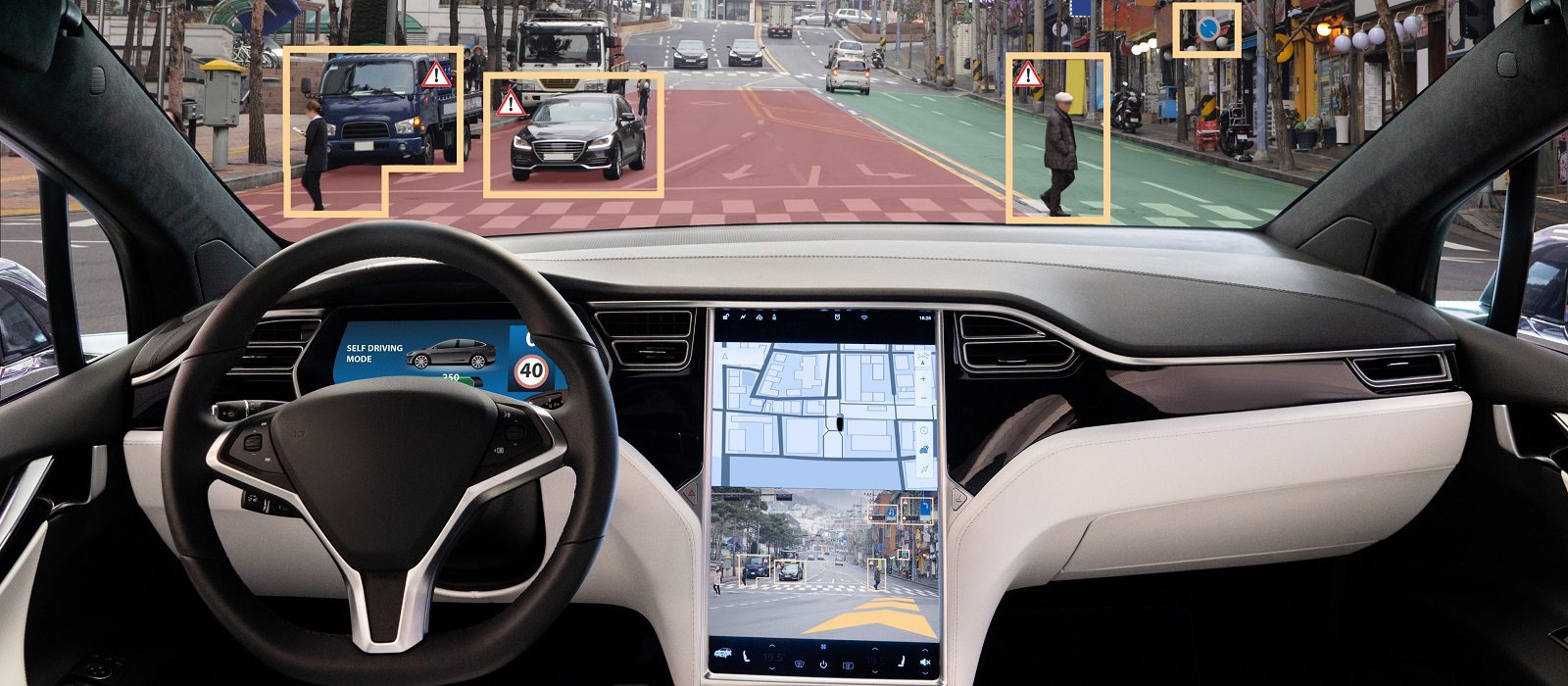Technological change continues to accelerate leaving casualty insurers trying to keep up with the liability implications of these emerging risks – ie risks where the underlying exposure is evolving and may not be adequately reflected in the historical experience that risk assessment and pricing are currently based on.
An increased number of autonomous vehicles and self-driving cars should lead to a move from motor insurance towards product liability, because as more driving is delegated to the vehicle the liability shifts to the manufacturer. From an insurance perspective, this raises the questions of how much product liability will have to be bought and what impact it will have on insurers with large motor portfolios. 3D printing allows someone to build 3D objects out of metals and plastics based on a downloaded plan. This will lead to home/distributed manufacturing, so this raises the question of who the manufacturer is from a product liability perspective. There are also crime implications of additive manufacturing and issues around manufacturing patented/copyrighted products.
There are three major features of Artificial intelligence (AI) that impact insurance: learning ability, where behaviour may not be totally preconceived by the programmer; use of robotics can cause injury or damage without human action; connectivity, where all these things can be linked together through the Internet of Things (IOT). Most product liability laws are designed for products which do not change after they are sold, and their capability remains the same. This is no longer the case as we now have hybrid products that are a combination of hardware, software, and services.
The greater reliance on everything connected to the internet during the pandemic, with people working and spending more time at home, has led to a huge increase in cyber incidents. The number of insurers researching cyber risk for personal lines has increased five-fold, and cyber risk is also an important topic for mutual insurers that want to support their member/policyholders across all risks. At the household level the potential for exposure to cyber-crime is even greater and usually starts with staff using workplace devices for personal use. Ransomware attacks are growing, with households now being targeted as the path of least resistance.
Cyber risk has become a core product line in commercial lines and that knowledge is now being tailored to the personal lines market. The reinsurance community has been very active in this area, offering cyber reinsurance turn-key solutions which include expert services and claims support. These solutions can be plugged into existing personal lines insurance products as an endorsement or a rider, and there are several reinsurers offering such programmes.
The expert services are a crucial part of cyber insurance as more than 90% of incidents do not result in actual claims payment because the experts can fix the issue before any loss arises. Other cyber services for personal lines include advice, incident remediation, fraud resolution, education and various monitoring tools. There are several examples of mutual insurers that have started to offer personal cyber insurance solutions. Some have offered it as a free benefit to members, while others have offered it as an optional add on to existing policies.
Insurance materially contributes to building a sustainable society. For example, insurance products & services facilitate resilience to sudden catastrophes by providing resources to recover quickly. In recent years, insurance companies have expanded its efforts to foster sustainability by incorporating environment (E), social (S), and governance (G) principles into their investment strategies. Encouragingly, some insurance companies are exploring how to incorporate these same ESG principles into underwriting. In the commercial insurance space, however, physical resilience is not necessarily promoted with the same level of specificity due to modelling constraints. This results in insurance protection gaps and leaves holes in commercial sustainability strategies.
In order to promote resilience (R), which can be as important as many ESG-related characteristics for sustainability, insurance and related services should facilitate predicting and preventing risk. Robust resilience-as-a-service (RaaS) platforms and analytics services that can assist companies in better preventing (or at least better preparing for) different hazards (e.g., flood, fire, wind, earthquake, etc.) require modelling intersecting risk drivers at the individual physical asset level.
Machine-learning models can still be too ad hoc to reliably model specific physical assets. Combining the two approaches can take analyses down to the level of individual physical assets. In this way, the insurance industry can develop better business interruption and non-damage business interruption policies while providing RaaS to guide asset optimisation interventions and preparations that change physical assets’ risk profiles.
Session speakers:
- Michael Wrightman, Head of Casualty Treaty, Berkley Re (UK)
- Matt Cullina, Head of Global Insurance Business, Sontiq (USA)
- Jeff Bohn, Senior Advisor, Swiss Re (Switzerland)
- Luc Boghe, General Manager, Reinsurance, QBE Europe (Belgium) moderator








